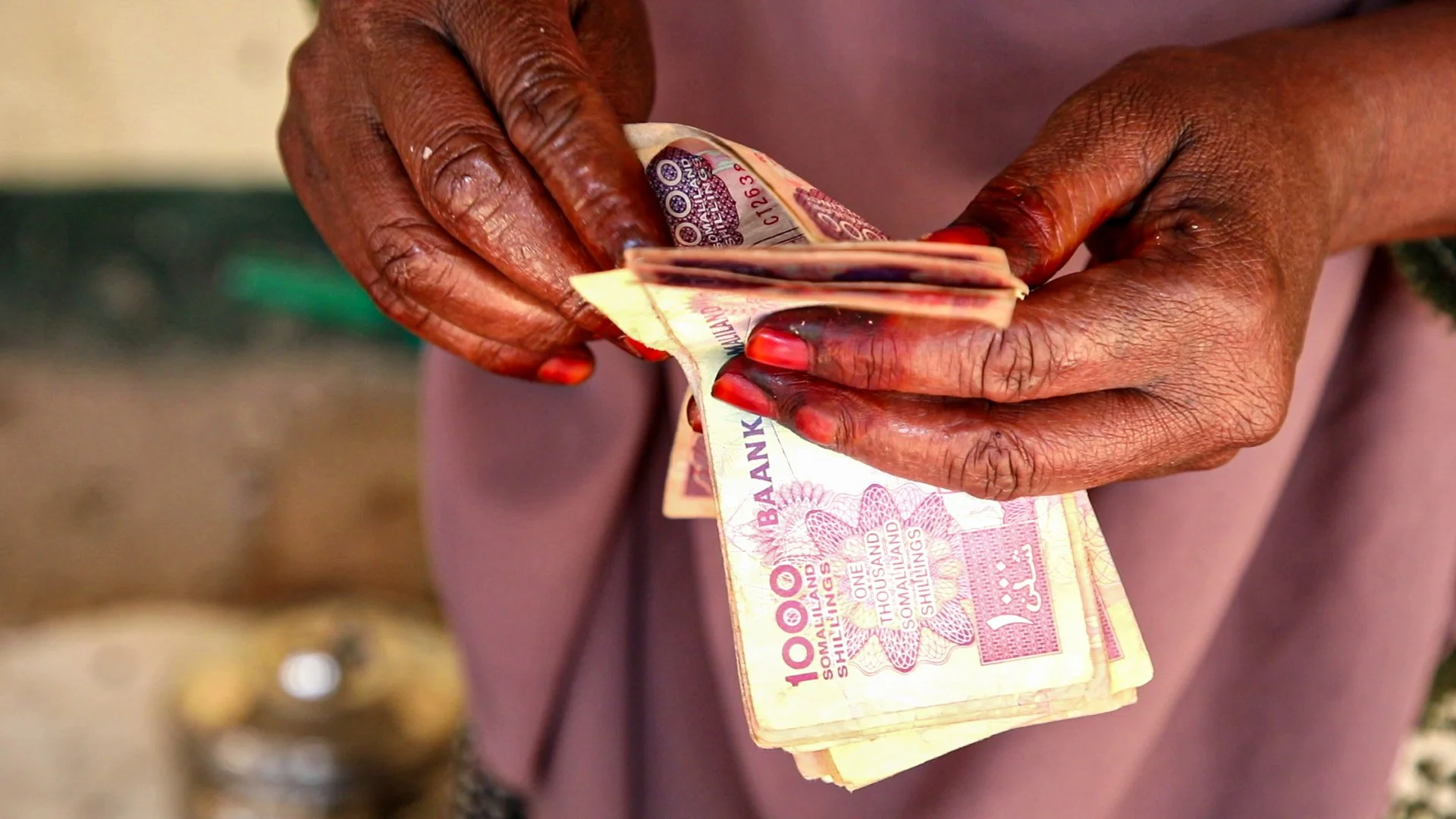El Afweyn Meat Market Association
Introduction
The goal of the Somali Resilience Program (SomReP), a consortium of 8 NGOs (ACF; ADRA; CARE; COOPI; DRC; Oxfam; Shaqodoon and World Vision), is to strengthen the resilience of chronically vulnerable communities, enabling them to withstand shocks and stresses in a sustainable manner.
One of SomReP's major resilience projects includes the ‘Consolidating Resilience Gains in Somalia’ programme which is funded by Swiss Development Cooperation (SDC) implemented by ACF, CARE, COOPI, DRC and Oxfam in Afgoye, Baidoa, Eyl and El Afweyn.
The project has recorded some notable milestones like supporting farmers with climate-smart agricultural techniques, building water infrastructure for irrigation, restarting market systems, and providing agricultural inputs and training. Some of the interventions targeted women to address their specific needs.
The El Afweyn meat market was one of the markets supported, which is exclusively run by women. The below case study highlights the impact of the SDC funding.
Case Study: Swiss Development Cooperation (SDC) funding boosts women meat vendors in El-Afweyn market in Somalia, to grow their profits
El Afweyn Meat Vendors are a group of 40 women, supported by Oxfam to establish a savings group. Before the project, the women faced challenges in the market place, ranging from congestion because the space to run their business was small, inadequate capital to grow their business and lack of a storage facility.
During one assessment exercise conducted at the market, the women said the situation was so dire to the extent that they had to give away meat for free to people who visited the market place because they didn’t have a storage facility.
The meat would go bad if it stayed more than 12 hours without preservation or refrigeration. Instead of throwing the meat away, they distributed it out to people who visited the market. As a result, they made losses which did not benefit their business.
One of the vendors said, In Islam, it is forbidden to throw away food, so we gave the meat away for free or sometimes we asked buyers to take and pay at a later time.
One of the group members using the cool chain facility provided through SomReP partner, Oxfam.
SomReP’s partner, Oxfam, started supporting the women’s group, first with training in business management to equip members with skills to manage their businesses and make them earn good returns. Oxfam also supported the women by constructing a small hall designated as a cold chain storage unit which is solar-powered, equipped with four heavy-duty backup batteries, six deep freezers, plus a start-up grant of US$9,200.
The women’s group is guided by their own by-laws and guidelines on how they manage their respective businesses and transactions on a daily basis. They have a chairperson, a vice-chairperson and a treasurer, and they meet weekly, every Thursday.
Any member of the group can borrow up to US$200 and should repay within three months. Should a member wish to leave the group, they can do so and they are given their shares, and their position sold to any other interested woman /meat vendor who can buy-in. But so far no one has exited the group.
During a recent field monitoring, the women said business is doing well and they have not encountered any losses in terms of monetary or meat, since the support.
The land on which the cold storage unit is constructed was donated by the local government of El-Afweyn. The women do not pay for electricity because the business operates on a 24-hour solar supply. The women also use the same hall for their weekly meetings.
They have opened an account with Dahabshiil Bank for their deposits and daily transactions. The savings group also has a safe deposit underground box for their savings. Both the account and the safe key are kept by the treasurer of the group.
El Afweyn Women Meat vendors leader, Khadra Mohamed Abdulle.
“ The El Afweyn Meat Vendors project has significantly boosted the 40 women of this group and their families. Before the project, some of the challenges highlighted meant that business was not good for the women, and this also affected their morale and overall well-being.” says Khadra Mohamed Abdulle the group leader.
“ But thanks to the support of Oxfam, the women have been able to establish their own group savings and gain access to more resources.” Khadra added.
“ Oxfam invested in the women by providing a storage facility which has allowed us to preserve the meat. This has enabled us to make profit and sell the meat at market prices, rather than giving it away for free. Before, we used to make US$3.50 in net profit per woman per day, but now we make US$5.80 per woman per day. We are saving more as a group and this has enabled us to access more capital, purchase more meat and increase our profits.” Khadra.
Cold room storage facility
With the women’s access to economic resources, opportunities and control over their finances, Oxfam has noted a positive impact on various aspects of their lives, including their self-esteem.
The women say they now have a greater sense of economic empowerment and as a result, their social standing within their families and communities has been lifted. They have also gained respect and recognition for their contributions. The women also noted that their financial independence and economic stability has led to reduction in stress, anxiety and feelings of helplessness.
Khadra further adds that women's welfare, security and overall household income has improved, which has uplifted women's voices and participation in district decision-making.
“Women contribute to the operation of the local council by paying taxes with each woman paying US$0.40 per day which is collectively US$480 per month. The district mayor and the council now recognize the role of women in peacebuilding and their positive contribution to district development.” says Khadra.



